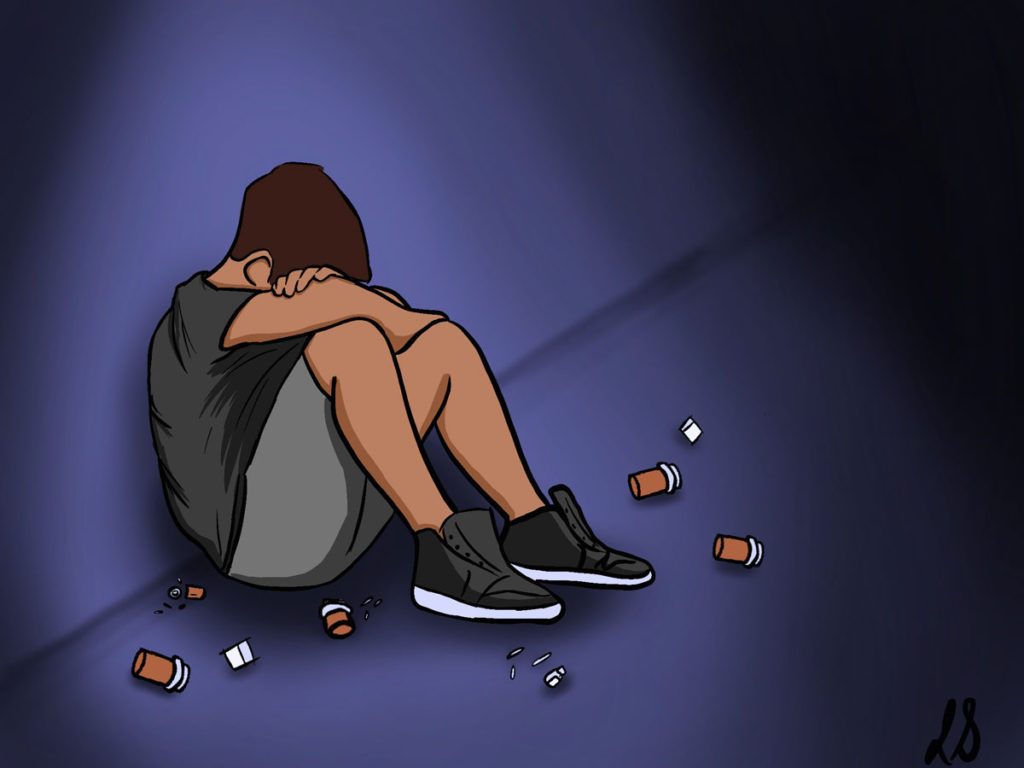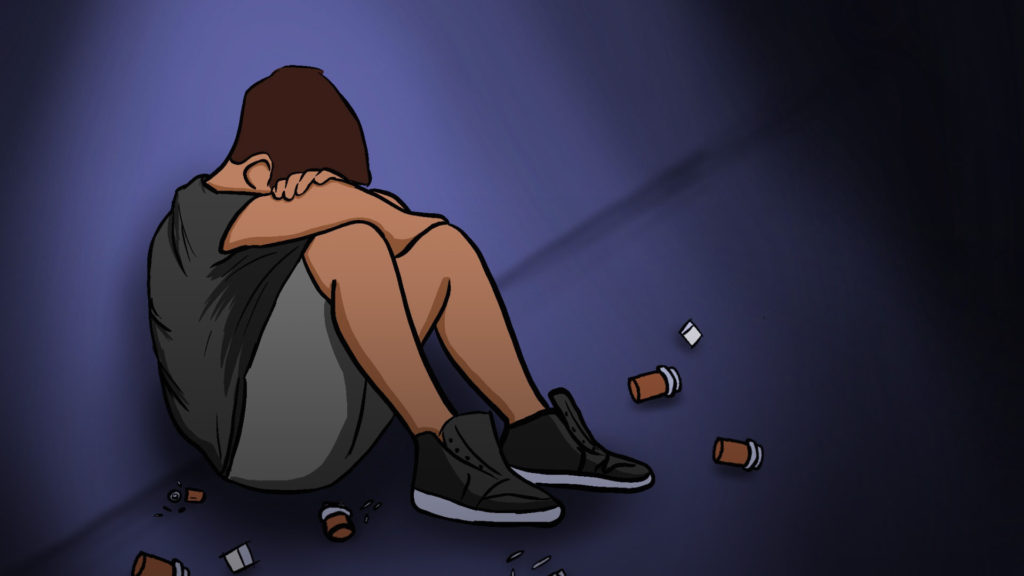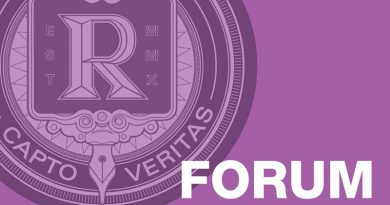Addiction—A Public Health Issue That Is Criminally Neglected
Imagine having a disease in your country that kills 100,000 people be dismissed as a moral failure of its victims. Imagine not only neglecting this disease but actively criminalizing it and making recovery harder.
That is the reality of substance use disorder. A situation that is not being treated as the public health crisis that it is.
Substance use disorder is a disease. It’s included as a mental illness in the Diagnostic and Statistical Manual of Mental Disorders, the official classification of mental health disorders by the American Psychiatric Association. It also has known physiological causes that perpetuate substance abuse.
When you consume drugs, they act as stronger versions of your neural chemicals called neurotransmitters. This exaggerated effect is what leads to feelings of pleasure. The downside is that our body compensates for this drug use by producing less of the natural chemicals.
Once the chemical balance has been disturbed drugs become addictive. Without rehabilitation, individuals will continue consuming drugs, causing them to develop tolerance and be prone to an overdose.

Some argue addiction is merely one’s responsibility. I have two responses to this.
First, our actions only partially determine an outcome. Second, we do not have the same level of judgment for type 2 diabetes and high blood pressure patients even though their actions led in part to their sickness.
Some people have a genetic predisposition to addiction. Others develop their addiction due to the overprescription of painkillers by their doctors. A study found that doctors routinely gave patients dosages that surpass the CDC’s cautionary amount for increasing opioid addiction risk by twofold.
Anyone suffering from substance use disorder deserves care and rehabilitation assistance from their community. It’s as simple as caring for the broken leg of a teenager even if the injury was caused by an irresponsible action. We all deserve care.
We must also drop the unjustifiable criminalization of substance consumption.
We can’t use paternalistic rationale by saying that we are protecting people from themselves. This view infringes on people’s freedom while being incongruent with other aspects of our society. If we were to criminalize things that harm us, we need to ban alcohol, cigarettes, fast food and a myriad of other things.
We also can’t use the excuse that it is “harmful to others.” We do not ban alcohol even though in some circumstances it can lead to harm. We criminalize certain actions in certain contexts. Even other mental illnesses such as schizophrenia might lead to violent behavior, but we do not criminalize the disease. We offer help.
The War on Drugs has not been good for public health. Instead, it has fueled and reinforced racial hierarchies. Even though African-Americans are no more likely to use illicit drugs than White Americans, they are 6-10 times more likely to be incarcerated for drug offenses.
Black and brown communities have received a punitive approach toward substance use, with harsher legal sentences for drugs consumed in black communities than those consumed in white communities.
It wasn’t until the 1990s and 2000s that substance abuse began to be considered a public health issue rather than a criminal and moral one. Why? Because the media reported the opioid crisis as an issue predominantly present in suburban and rural white populations.
The pretense that substance abuse was a moral failing of the unruly Black community was shattered.
Substance use disorder affects us all. The consequences can be devastating for families and communities when no support is offered due to stigma and cruel criminalization.




